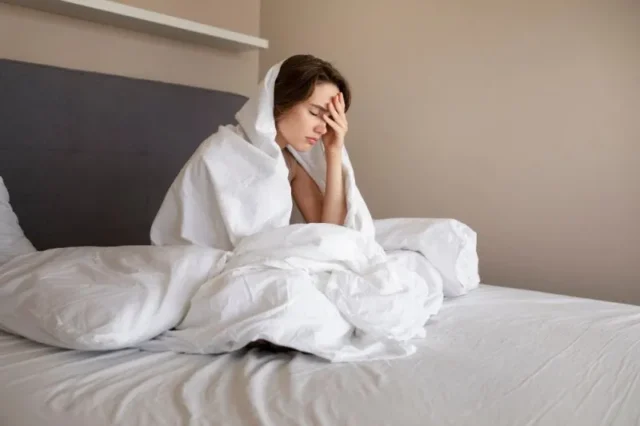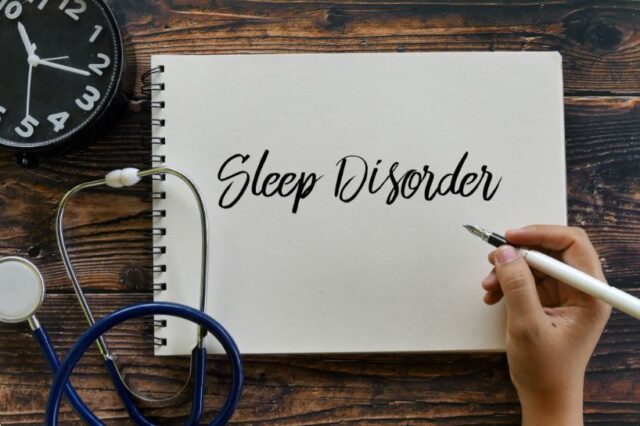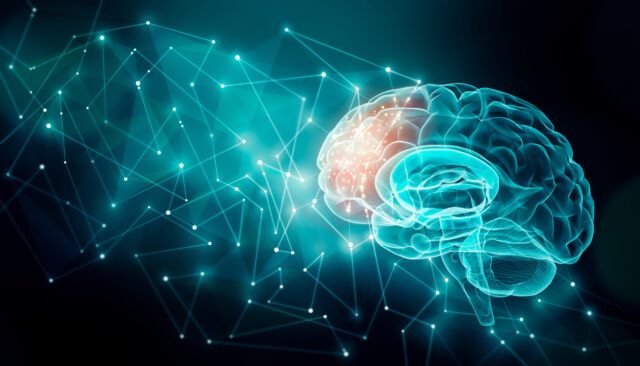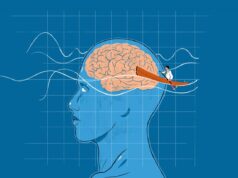
The relationship between sleep and mental health is a crucial aspect of overall well-being. Adequate sleep plays a pivotal role in maintaining and promoting good mental health, while poor sleep can contribute to a range of mental health issues.
In this article, we will delve into the vital connection between sleep and mental health, exploring how sleep influences our mental well-being and how mental health conditions can impact sleep quality.
By understanding this intricate relationship, we can prioritize healthy sleep habits and seek appropriate interventions, such as addressing sleep apnea, to improve both our sleep and mental health.
The Importance of Sleep for Mental Health

Sleep is essential for our mental health as it supports various cognitive functions, emotional regulation, and overall brain health. During sleep, the brain processes and consolidates information, regulates emotions and rejuvenates itself for the next day.
Adequate sleep enhances concentration, memory, and decision-making abilities while promoting emotional stability and resilience. Insufficient sleep, on the other hand, can impair these functions, contributing to mood disorders, increased stress, and reduced overall mental well-being.
Exploring the Impact of Sleep Apnea
Sleep apnea, a common sleep disorder, can significantly impact both sleep quality and mental health. Sleep apnea is characterized by recurrent pauses in breathing during sleep, leading to disrupted sleep patterns and intermittent oxygen deprivation.
This condition can result in excessive daytime sleepiness, fatigue, and poor cognitive function. Additionally, sleep apnea has been linked to an increased risk of developing mental health conditions such as depression and anxiety. Addressing sleep apnea through appropriate treatments, such as continuous positive airway pressure (CPAP) therapy, can significantly improve sleep quality and potentially alleviate associated mental health symptoms.
Bidirectional Relationship

The connection between sleep and mental health is reciprocal, meaning that poor sleep can contribute to the development or exacerbation of mental health issues, while mental health conditions can disrupt sleep patterns. For example, individuals with insomnia or anxiety disorders often experience difficulty falling asleep or staying asleep due to racing thoughts and heightened arousal.
Similarly, individuals with mood disorders may experience hypersomnia, characterized by excessive daytime sleepiness. Recognizing this bidirectional relationship is crucial for addressing both sleep disturbances and mental health conditions effectively.
Tips for Healthy Sleep Habits
Adopting healthy sleep habits, also known as sleep hygiene, is essential for optimizing sleep quality and promoting good mental health.
Some tips for maintaining healthy sleep habits include establishing a consistent sleep schedule, creating a relaxing bedtime routine, ensuring a comfortable sleep environment, limiting exposure to stimulating activities and screens before bed, and practicing relaxation techniques such as deep breathing or meditation.
These habits can help improve sleep duration and quality, positively impacting mental well-being.
Seeking Professional Support

If sleep disturbances or mental health issues persist despite efforts to improve sleep hygiene, it is crucial to seek professional support. Consulting with healthcare providers, such as primary care physicians or sleep specialists, can help identify underlying causes of sleep disturbances and provide appropriate interventions.
Mental health professionals can also offer guidance and treatment options for addressing mental health conditions that may be affecting sleep.
The Future of Sleep and Mental Health Research
Sleep and mental health are intricately connected, and understanding their relationship is crucial for promoting overall well-being. As science continues to advance, researchers are delving deeper into the complexities of this vital relationship to uncover new insights and develop innovative interventions.
The future of sleep and mental health research promises to pave the way for more effective treatments and preventive measures. Here’s a glimpse of what lies ahead:
Advancements in Sleep Tracking Technology

The rise of wearable devices and smartphone apps has revolutionized sleep tracking. In the future, these technologies are expected to become even more sophisticated, providing real-time data on sleep patterns, quality, and disturbances. These advancements will enable individuals to gain deeper insights into their sleep health, empowering them to make informed lifestyle changes.
Identifying Biomarkers for Mental Health Disorders
As researchers continue to explore the link between sleep and mental health, they are also working on identifying specific biomarkers associated with various mental health disorders.
This could include genetic markers, neurochemical imbalances, or changes in brain wave patterns during sleep. Such discoveries could aid in early diagnosis and personalized treatment plans.
Targeted Interventions for Sleep Disorders

The future holds promise for personalized and targeted interventions for sleep disorders. By understanding the individual factors contributing to sleep disturbances, researchers can develop treatments tailored to a person’s specific needs. This might include precision medicine approaches, combining pharmacological treatments with behavioral therapies for better outcomes.
Virtual and Telehealth Solutions
The integration of virtual and telehealth solutions has already shown great potential in mental health care. In the future, these platforms will likely play a significant role in providing accessible and convenient sleep disorder diagnoses and treatments.
Telemedicine allows individuals to consult with sleep specialists from the comfort of their homes, reducing barriers to care and reaching remote or underserved populations.
Brain Stimulation Therapies

Non-invasive brain stimulation techniques, such as transcranial magnetic stimulation (TMS) and transcranial direct current stimulation (tDCS), have shown promise in treating various mental health disorders. In the future, researchers may explore their potential application in addressing sleep-related issues, aiming to modulate brain activity and improve sleep patterns.
Sleep and Mental Health in the Digital Age
The increasing prevalence of digital devices and social media can influence sleep and mental health. Future research will delve into the effects of digital media consumption on sleep quality and mental well-being, informing guidelines and strategies for healthy technology use.
Conclusion

Recognizing the vital relationship between sleep and mental health is crucial for maintaining overall well-being. Prioritizing healthy sleep habits and addressing sleep disorders such as sleep apnea are essential steps toward promoting good mental health.
By understanding the bidirectional nature of this relationship and seeking appropriate professional support when needed, we can unlock the connection between sleep and mental health, paving the way for improved sleep quality and enhanced mental well-being. Remember, a good night’s sleep is not just a luxury but a fundamental pillar for a healthier mind and a happier life.












